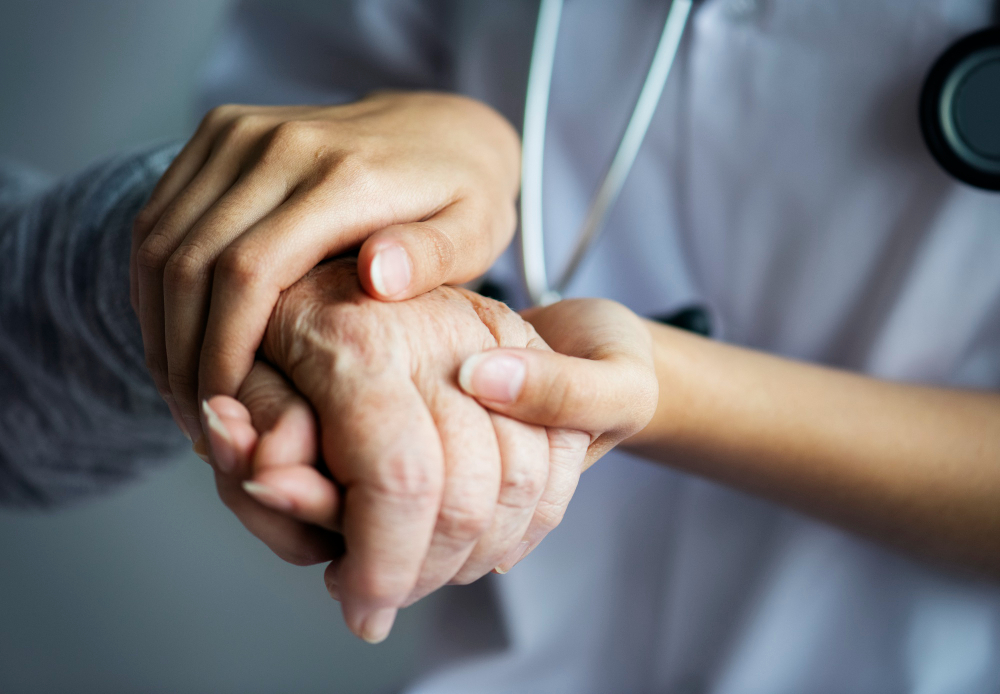The Personal Care Assistant, or PCA, is critical in the healthcare industry.
PCAs provide essential services to individuals who may be unable to complete daily tasks due to physical, mental, or emotional disabilities. These services can range from helping with activities of daily living, such as bathing and dressing, to providing companionship and social support.
PCAs are often the first line of support for individuals with disabilities, and as such, they must be highly trained and have a strong sense of compassion and empathy.
1st Choice Career Institute provides trainings for future PCAs.
PCAs are often the first line of support for individuals with disabilities, and as such, they must be highly trained and have a strong sense of compassion and empathy.
- The primary responsibility of a PCA is to provide personal care to individuals with disabilities. This includes assisting with activities of daily living such as dressing, bathing, grooming, and toileting. PCAs must be knowledgeable about the individual's particular needs and be able to provide the necessary care safely and effectively.
- Additionally, PCAs may be asked to provide transportation to and from doctor’s appointments or to run errands for the individual.
- In addition to providing personal care, PCAs are responsible for emotional and social support. This includes listening to and understanding the individual’s needs, offering support, and helping create a safe and comfortable environment.
- PCA should be able to prepare meals and snacks for patients and help with feeding.
- One of the critical duties of PCAs is to assist with light housekeeping tasks, such as laundry, dusting, and vacuuming.
1st Choice Career Institute provides trainings for future PCAs.


